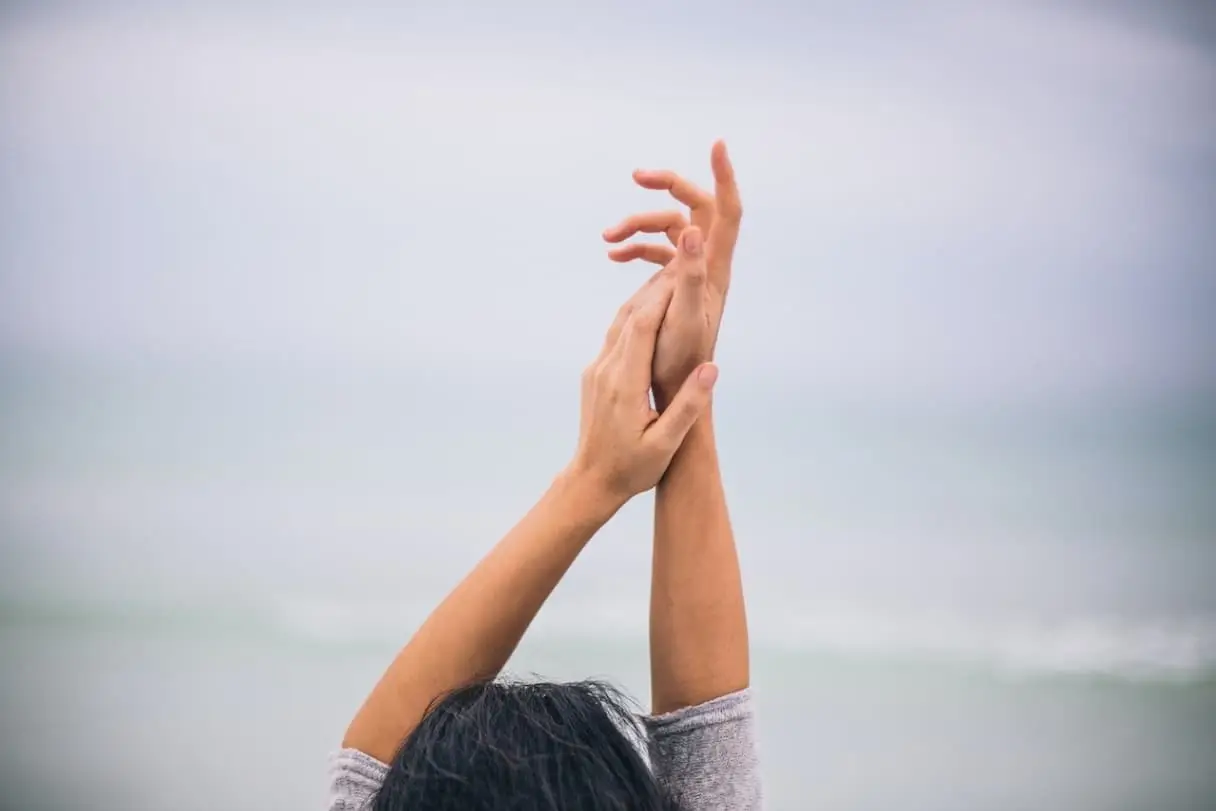What are the best strategies for reducing stress and promoting relaxation?


Stress is a common part of life, and it can have a significant impact on our mental and physical well-being. However, there are strategies that can help reduce stress and promote relaxation. In this article, we will explore some of the best techniques for stress reduction and relaxation, including mindfulness, meditation, deep breathing, yoga, exercise, self-care, sleep, and their impact on mental health.
Mindfulness
One effective strategy for reducing stress is practicing mindfulness. Mindfulness involves paying attention to the present moment without judgment. By focusing on the present moment, we can let go of worries about the past or future, which can contribute to stress. Mindfulness can be practiced through various techniques, such as mindful breathing, body scans, or mindful eating. Regular practice of mindfulness can help reduce stress and promote relaxation.
Meditation
Meditation is another powerful tool for stress reduction and relaxation. It involves focusing the mind and eliminating the stream of thoughts that often contribute to stress. There are different types of meditation, including guided meditation, mantra meditation, and loving-kindness meditation. Regular meditation practice has been shown to reduce stress, improve focus, and promote a sense of calm and well-being.
Deep Breathing
Deep breathing exercises are simple yet effective techniques for reducing stress and promoting relaxation. When we are stressed, our breathing tends to become shallow and rapid. Deep breathing involves taking slow, deep breaths, filling the lungs with air, and exhaling slowly. This activates the body’s relaxation response and helps calm the mind. Deep breathing exercises can be practiced anywhere and anytime, making them a convenient tool for stress reduction.
Yoga
Yoga combines physical postures, breathing exercises, and meditation to promote relaxation and reduce stress. The practice of yoga helps release tension in the body, improves flexibility, and calms the mind. It also encourages mindfulness and self-awareness. Regular yoga practice has been shown to reduce stress, anxiety, and depression, while improving overall well-being.
Exercise
Engaging in regular physical activity is not only beneficial for our physical health but also for our mental well-being. Exercise releases endorphins, which are natural mood boosters. It also helps reduce stress hormones, such as cortisol, and promotes better sleep. Whether it’s going for a walk, jogging, swimming, or participating in a team sport, finding an exercise routine that suits your preferences can significantly reduce stress and promote relaxation.
Self-Care
Taking care of oneself is crucial for stress reduction and relaxation. Self-care involves engaging in activities that bring joy and fulfillment, such as hobbies, spending time with loved ones, or practicing self-compassion. It also means setting boundaries, saying no when necessary, and prioritizing self-care activities. By making self-care a priority, we can reduce stress and improve our overall well-being.
Sleep
Getting enough quality sleep is essential for stress reduction and relaxation. Lack of sleep can contribute to increased stress levels and negatively impact our mental health. Establishing a regular sleep routine, creating a comfortable sleep environment, and practicing relaxation techniques before bed can help improve sleep quality. Aim for 7-9 hours of sleep each night to promote relaxation and reduce stress.
Mental Health
Stress can have a significant impact on our mental health, and it’s essential to prioritize our mental well-being. Seeking support from friends, family, or a mental health professional can be beneficial in managing stress. Additionally, practicing self-compassion, challenging negative thoughts, and engaging in activities that bring joy and fulfillment can help improve mental health and reduce stress levels.
In conclusion, there are various strategies for reducing stress and promoting relaxation. Mindfulness, meditation, deep breathing, yoga, exercise, self-care, sleep, and prioritizing mental health are all effective techniques. By incorporating these strategies into our daily lives, we can reduce stress, improve our overall well-being, and lead a more relaxed and fulfilling life.
Recent Posts
How do I create an engaging and informative online quiz or assessment?
Creating an engaging and informative online quiz or assessment can be a powerful tool for… Read More
What are the most effective methods for managing and reducing work-related stress in the hospitality industry?
Work-related stress is a common issue in the hospitality industry, where employees often face long… Read More
How can I improve my assertiveness and communication skills in a leadership position?
In a leadership position, assertiveness and effective communication skills are crucial for success. Being able… Read More
What are the key elements of a successful employee recognition and rewards program?
Employee recognition and rewards programs play a crucial role in motivating and engaging employees, as… Read More
How do I effectively manage and respond to customer feedback and reviews?
Customer feedback and online reviews play a crucial role in shaping a company's reputation and… Read More
What are the best strategies for effective time management as a stay-at-home parent?
Effective time management is crucial for stay-at-home parents who juggle multiple responsibilities on a daily… Read More